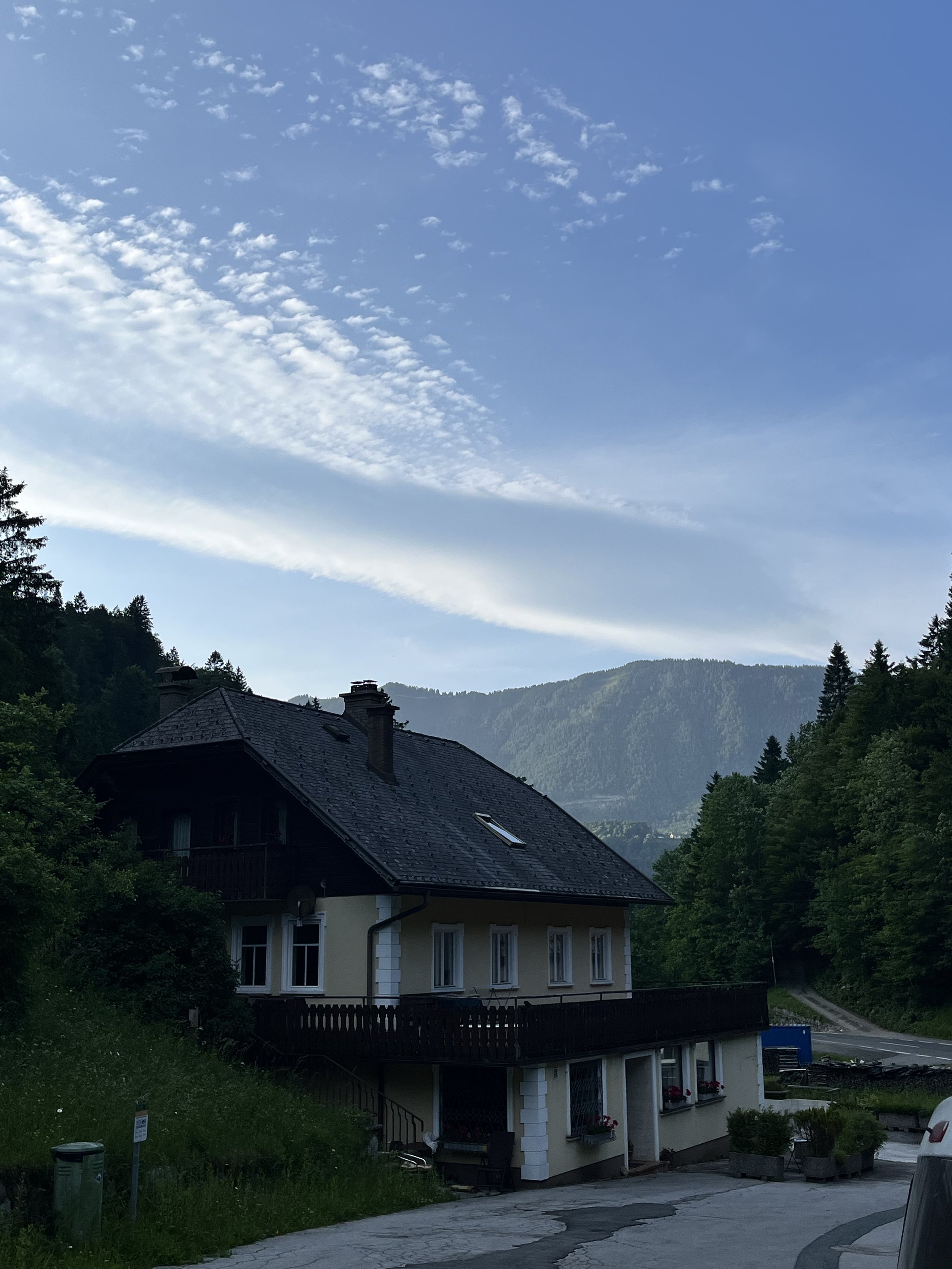To be full.
Oh, June. After weeks of stormy downpour, you have me reflecting on connection while still soaked to the bone. Naturally perhaps, my usual obsession for this topic would be my romantic relationship. I looked to him — my partner — the closest source of fresh spring water — for vulnerable disclosures and intimacy of soul. Afterall, we are sustained by a strong collection of shared moments which sowed seeds of trust, but (as I’m realizing now) also allowed for impossible expectations to build up in me.
You see, I had a tendency to perceive ‘famine’ in love — my famine of touch (Ps 33:18–19). And while you could say that my needs for affection, comfort, and reassurance reveal certain ‘wounds’ or inform some ‘anxious nature’ (1), if I choose to ruminate then I choose to starve. I used to think it was exclusively noble to self-psychoanalyze, to dig and dig and dig. But it can go too far. Besides, do you really end up improving anything, or do you only get better at labeling? Where is the growth through action?
In a conversation I listened to about ‘therapy culture’, they shone a light on the risk of this constant rumination leading to self-obsession. Oof! Of course, no one with good intentions to heal would enjoy hearing this. But when someone you love pulls back the curtain, it’s time to take a hard look.
If there are overgrown expectations hanging above like dense rainclouds waiting to rip open the skies, overidentifying with your hand-picked psychopathology may only lead to more pain. Through plenty of aching experiences already, I’m being asked by a gentle voice, “Solée — are you expecting divine love from a mortal man?” (Ps 118:8). Yes, I suppose I have been…
Now, here we find the sting of realization. If I do take up my responsibility to change how I approach ‘my famine,’ I don’t get to remove pain. No, in fact, it simply introduces a different kind: growing pain (Sir 2:1–5). I have to learn to shift the focus of my deep desire for wholeness away from my partner — because how suffocatingly helpless it must feel to the human tasked with delivering a love beyond their abilities.
Although I may crave a ‘merging’ with him — like a marriage between two trees intertwined at the roots — if he and I depend only on each other (or only on ourselves) and we don’t look up towards a greater source of wisdom, we may just destroy the potential for love that inspired our entire story (Gn 2:24). I must finally recognize my true identity and throw off the enticing yet imprisoning pop-culture-therapy-speak of this age. If we want to live, we must be rooted in something stronger, our eyes set upon the brightest light (Prv 3:5–6, Col 3:1–2).
With love,
Solée

















